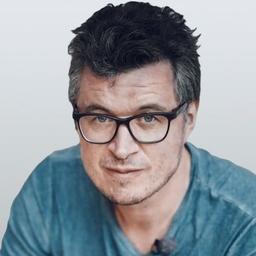Commentary
In recent weeks, an offensive has been launched against me in the Flemish media. I’ve been accused of being a liar, a far-right extremist, a conspiracy theorist, controlled opposition, and of indoctrinating my students. I’ve quietly listened to every voice that felt called to make itself heard. And I have the impression that everyone who had something to say has now done so.





